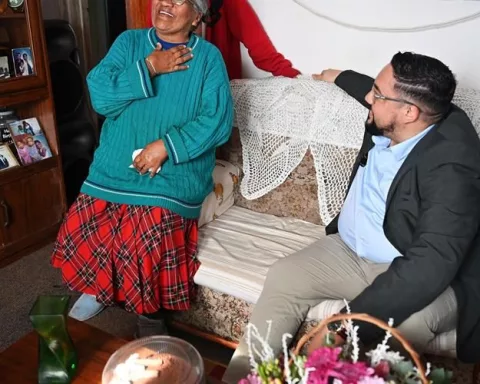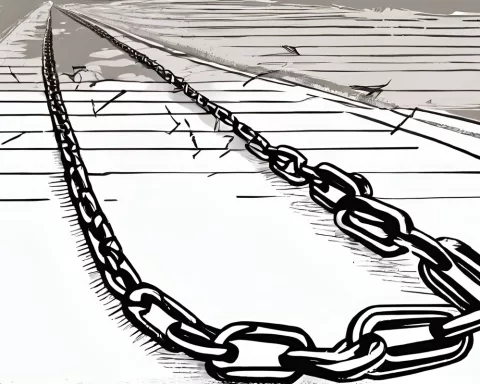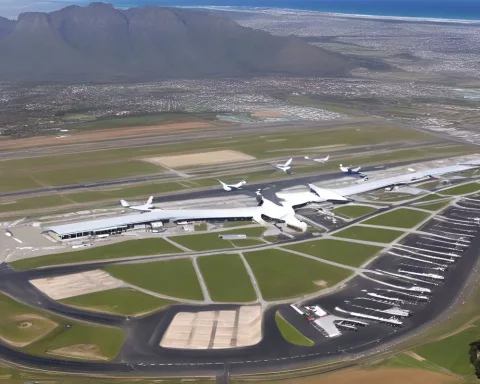The recent minibus taxi strike in Western Cape, South Africa, organized by SANTACO, has had severe consequences on education, impacting thousands of learners. The strike prevented 287,420 learners from accessing their constitutional right to basic education, and 9,508 teachers and staff were unable to perform their crucial tasks, with these challenges felt province-wide.
Minibus Taxi Strike Disrupts Transportation for Learners
The absence of minibus taxis from operation left many learners unable to attend school, causing chaos and violence witnessed overnight, leading parents to keep their children at home out of fear for their safety. The disruption in transportation also affected the weekend classes scheduled for the #BackOnTrack initiative, affecting the 14,000 learners who rely on these extra sessions. Despite the disruptions, schools remained open, and the Department of Education took a strong stance against intimidation.
Challenges for Matric Students
The situation is particularly concerning for matric students preparing for their trial exams, with schools striving to get #BackOnTrack. Disruptions to teaching and learning are a luxury that they cannot afford.
School Communities Display Resilience and Compassion
The sudden strike announcement on a Thursday afternoon left many learners, teachers, and staff stranded, with some children left unsupervised. However, amidst the chaos and uncertainty, the school communities displayed remarkable resilience and compassion. Several heartwarming anecdotes emerged from the crisis, showcasing the extraordinary acts of kindness demonstrated by schools, parents, staff, and school communities in support of learners during challenging times.
- Mowbray residents provided food and sleeping materials to 11 stranded learners from Thandokhulu High School.
- Western Cape Education Department (WCED) officials accommodated four learners from Silverlea Primary School and Garlandale High School in a guest house, arranging meals and toiletries for them.
- Noluthando School for the Deaf made special arrangements for 16 learners who could not travel home, accommodating them at a teacher’s house.
- Wynberg Girls High School opened its hostel to learners and staff who were unable to make it home, offering a safe haven for 15 learners and 5 security guards overnight.
The Lasting Impact on South Africa’s Education System
The minibus taxi strike has not only disrupted transportation but has also put immense pressure on the education system. With the potential for long-lasting effects on the academic progress of thousands of students, the incident serves as a reminder of the intricate connections between various sectors of society. In the face of adversity, the resilience and support exhibited by the education community are impressive, but they should not be taken for granted. The lasting impact of such disruptions must be acknowledged and addressed to ensure the future success of South Africa’s education system.








